From Vision to Legacy: The Enduring Power of Iconic Directors
In cinematic history, certain names shine like beacons, revered as the guiding lights of the silver screen. These visionaries carved their names into the very bedrock of cinema, destaining its trajectory. Explore the profound influence and enduring contributions of these pioneering directors

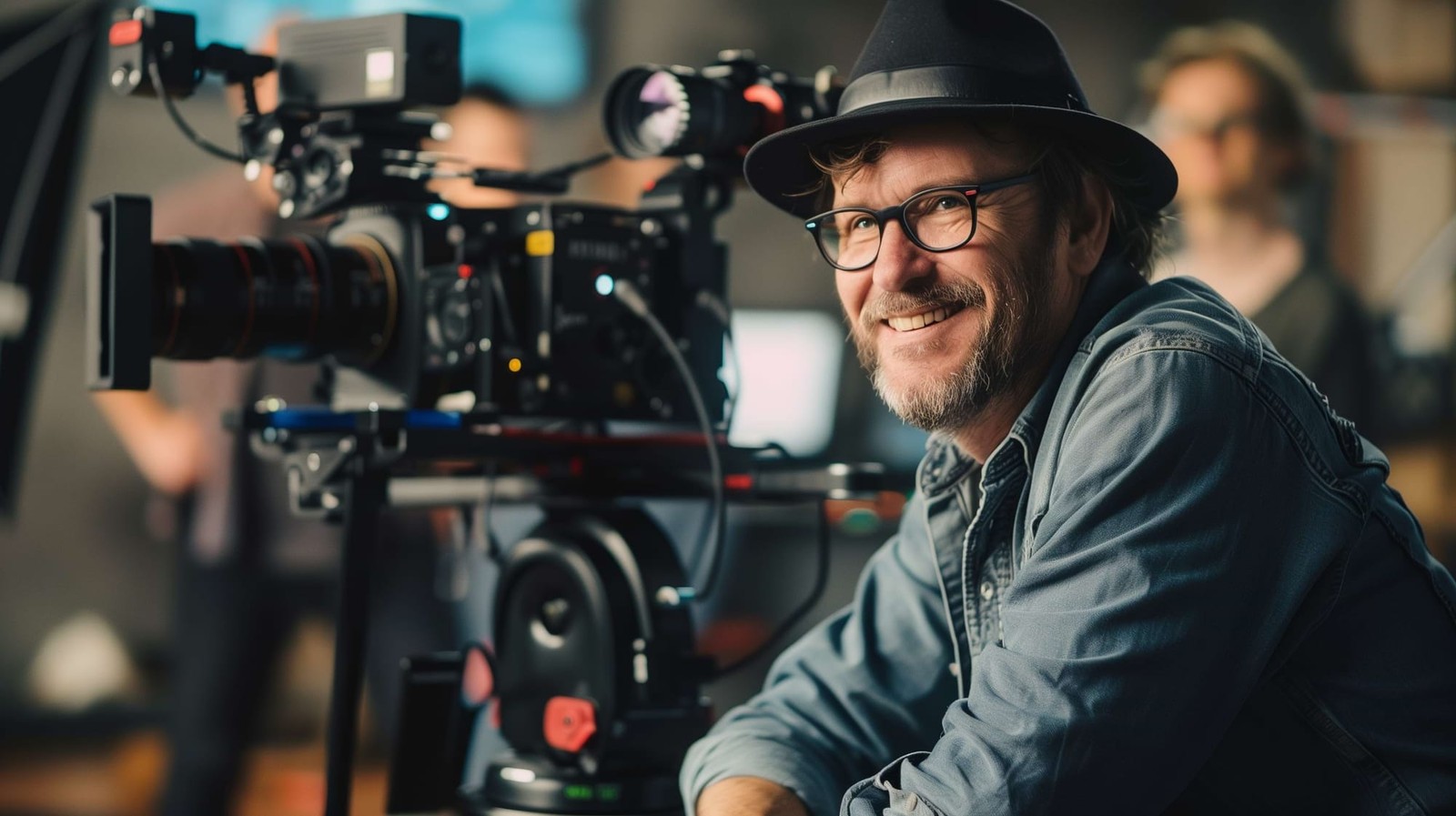
A large team of professionals creates films, each making a unique contribution to its creation. But still, the central, leading role belongs to the directors.
Over the decades, a pantheon of iconic directors has emerged, shaping not just films but cinematic history. Their aesthetic style, innovative techniques, and timeless masterpieces form the foundation for modern cinema. These cinematic legends left an indelible mark on the film industry and ignited inspiration that continues to burn brightly in the hearts of aspiring filmmakers worldwide.
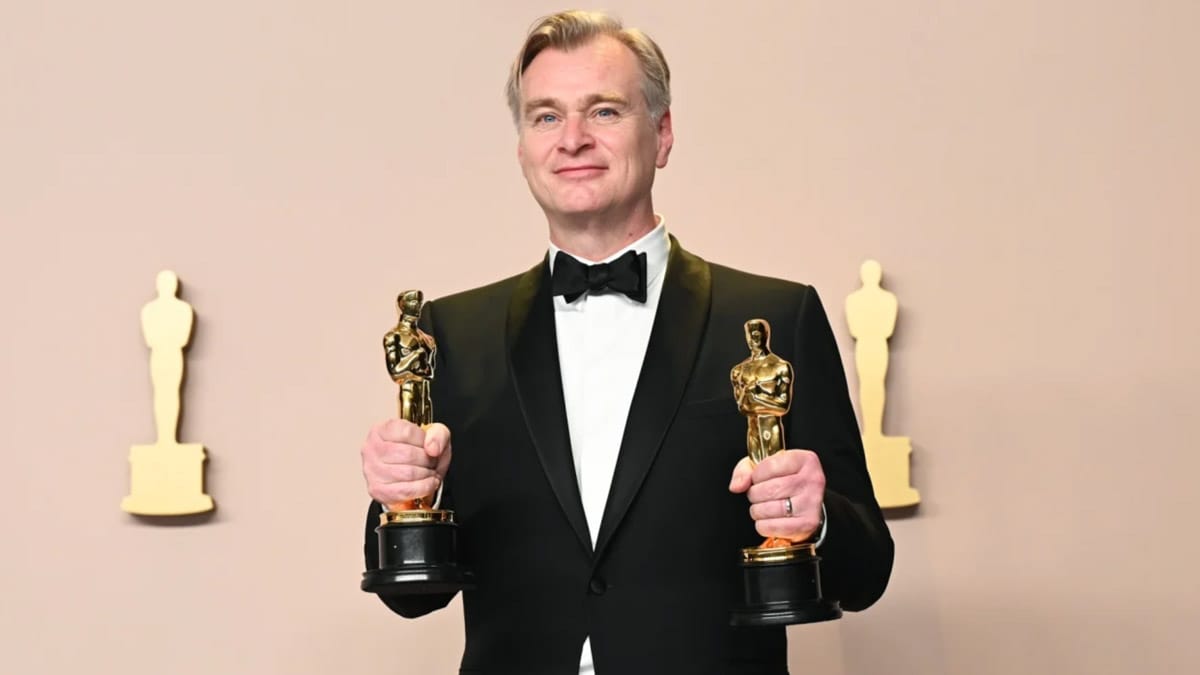
From Technicians to Visionaries: How the Auteur Theory Redefined Filmmaking 🎥
The auteur theory, championed by French film critics in the 1950s, posits that a director can be considered an author of their films, expressing their vision through the narrative, signature style, and thematic choices.
This concept has challenged the traditional view of directors as mere technicians. Instead, it defended certain visionary filmmakers as the true "authors" of their movies. These auteurs weren't simply translating scripts to the screen; they were wielding the camera as a brush, their signature styles and thematic concerns painting a unique and recognizable canvas across their filmography.
Think of Alfred Hitchcock, the master of suspense. From the voyeuristic tension in "Rear Window" (1954) to the chilling psychological torment in "Psycho" (1960), Hitchcock's films are instantly identifiable by his masterful use of camera angles, editing techniques, and recurring motifs. He was crafting a distinct cinematic universe defined by his vision of anxiety and suspense.
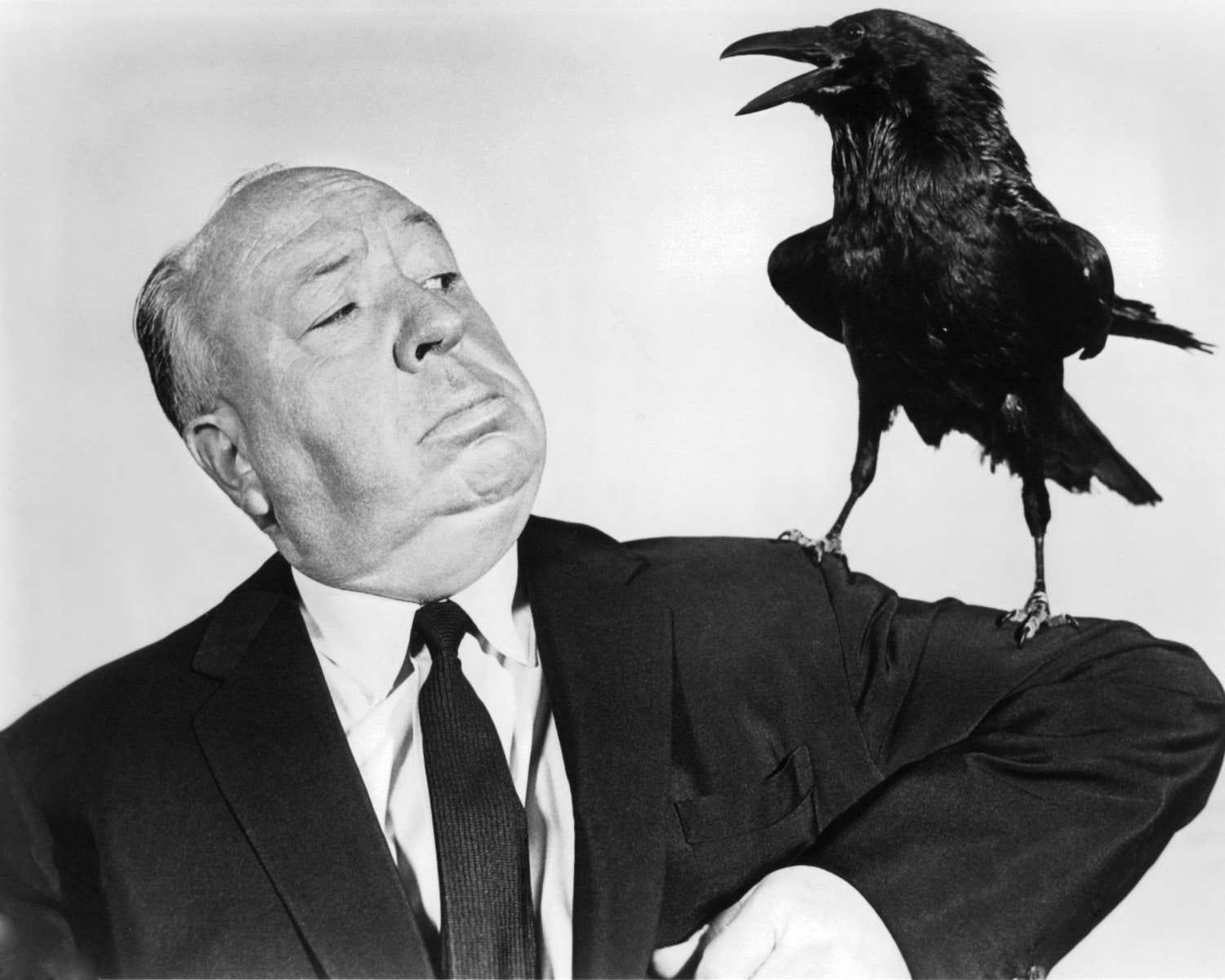
Similarly, auteurs like Federico Fellini explored subjective realities. Films like "La Strada" (1954) and "8 ½" (1963) are infused with special dreamlike imagery and surreal symbolism, reflecting a unique perspective on the human condition.
✨ These directors, and many others, became prime examples of auteurs who stamped their distinct artistic identities on their works.
Pioneering Directors Who Redefined Cinema 🎬
Iconic directors aren't content with simply following the established path. They are the restless innovators, constantly pushing the boundaries of the medium and redefining what a film can be.
Take Stanley Kubrick, a true cinematic revolutionary. His filmmaking innovation "2001: A Space Odyssey" (1968), was a mind-bending exploration of humanity's place in the cosmos. Kubrick embraced groundbreaking special effects, pioneered innovative narrative structures, and challenged audiences to think outside the box.
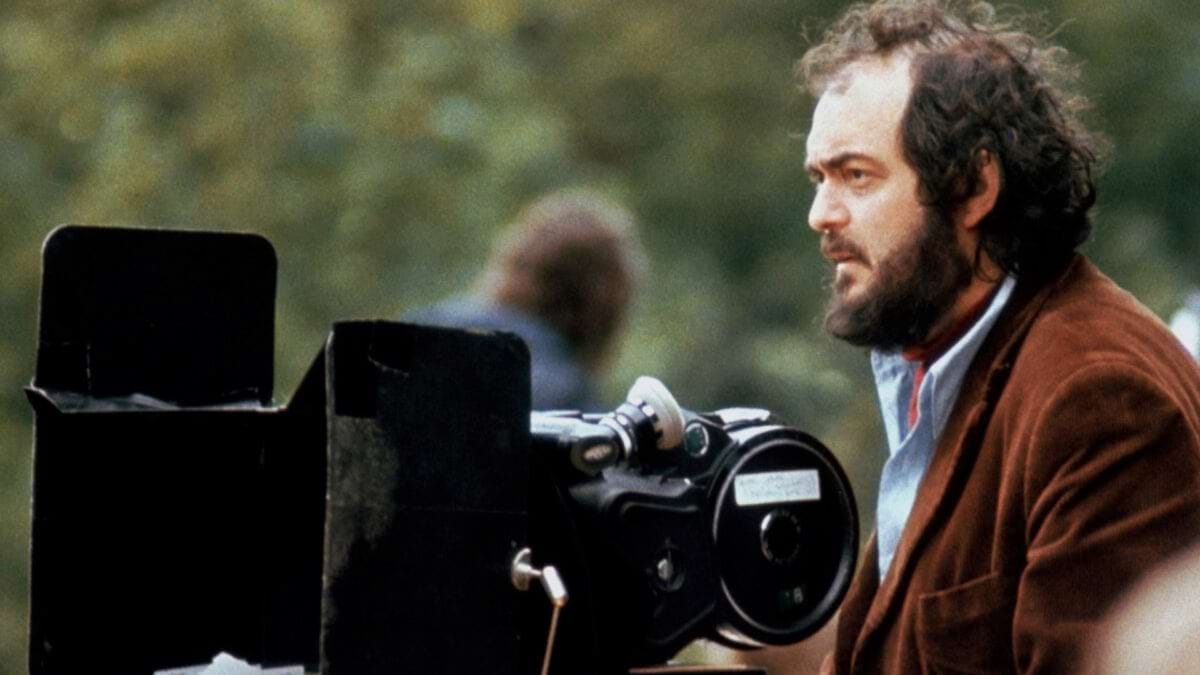
Similarly, Akira Kurosawa wasn't just a director; he was a genre-defining force. His samurai epic "Seven Samurai" (1954), revolutionized action cinema with their dynamic editing techniques, breathtaking fight choreography, and focus on human drama amidst the action.
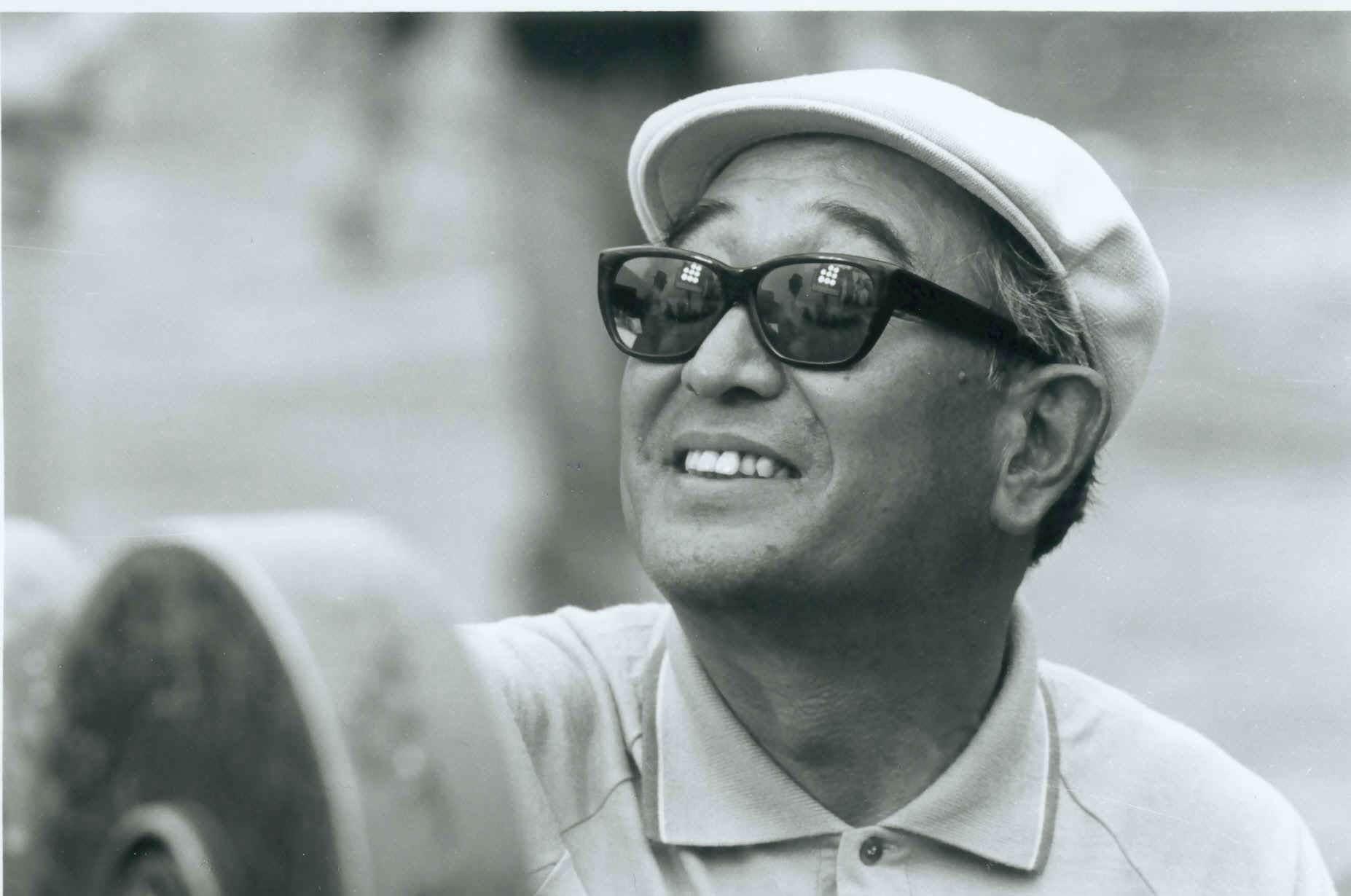
✨ These visionary directors weren't afraid to break the mold. They challenged conventions, experimented with storytelling techniques, and pushed the boundaries of what was possible on screen.
Cinematic Masterpieces and Milestones: The Enduring Legacy of Iconic Films 🌟
Let us embark on a journey through the annals of film, exploring the iconic works that have etched their directors' names into cinematic history. There are countless masterpieces in cinema; here we will talk about only a few of them:
"Citizen Kane" (1941) Orson Welles
Director Orson Welles was a trailblazer in cinema, heralding the rise of an independent film industry liberated from the constraints of studios and producers. With his groundbreaking approach, Welles shattered traditional norms of filmmaking and scriptwriting. His innovative techniques influenced the European "New Wave" movement and left an indelible mark on renowned directors such as Francis Ford Coppola, Martin Scorsese, and countless others.
"Seven Samurai" (1954) Akira Kurosawa
This revolutionary action movie was the first to use the now classic Nine Act Structure plot development scheme, which reveals the main antagonist's past from the end. It was actively used in the "James Bond" and "Indiana Jones" franchises.
"Psycho" (1960) Alfred Hitchcock
A chilling descent into madness, punctuated by one of the most iconic shower scenes in cinematic history.
Hitchcock made a film where he maximized the ability of cinema to maintain suspense and build up the atmosphere through the shooting point, the location, movement, close-ups, and sounds.
“Star Wars” (1977) George Lucas
George Lucas achieved a cinematic alchemy with his "Star Wars" that was emotionally relatable and visually groundbreaking. It was a cultural phenomenon. More importantly, he tapped into a universal yearning for adventure and heroism, igniting a passion for science fiction that continues to burn brightly.
"Pulp Fiction" (1994) Quentin Tarantino
That cinematic kaleidoscope of interwoven stories unfolds, propelled by his signature blend of dark humor, hyper-stylized violence, and a non-linear narrative that keeps audiences guessing. Tarantino's distinct voice permeates every frame, from the witty dialogue to the unexpected plot twists. "Pulp Fiction" is a cinematic experience that redefined gangster storytelling and cemented Tarantino's place as a genre-bending auteur.
“The Matrix” (1999) Wachowskis
That movie stands as a landmark achievement, not just for its mind-bending narrative but for its visual effects. The now-iconic "bullet time" effect, where action slows down to a crawl while the camera swoops around the scene, revolutionized how fight sequences were filmed. This innovative technique and other cutting-edge visual effects blurred the lines between reality and simulation, perfectly mirroring the film's central themes. "The Matrix" ushered in a new era of visual storytelling that continues to influence filmmakers today.
"Avatar" (2009) James Cameron's
The groundbreaking use of CGI technology in "Avatar" seamlessly blends live-action performances with a breathtakingly realized alien world. Gone were the days of clunky, unconvincing CGI characters; "Avatar" opened a new door of digital realism, "replacing" the need for bulky costumes with expressive, computer-generated faces that captured the actors' emotions with unparalleled detail. This technological leap forward forever altered the landscape of feature filmmaking.
✨ These cinematic masterpieces are timeless testaments to their creators' boundless imagination and artistic vision.
Passing the Torch: The Ripple Effect of Directorial Influence 🎥
Directorial influence becomes a potent force, shaping the DNA of modern cinema.
Consider the case of Quentin Tarantino, a self-proclaimed cinephile. His love for the stylized action films of directors like Sergio Leone ("The Good, the Bad, and the Ugly" (1966)) bleeds through in his works, evident in the graphic violence, non-linear narratives, and heightened tension that define his films like "Kill Bill" (2003), "Django Unchained"(2012). Tarantino isn't simply mimicking his influences; he's building upon them, adding his unique voice to a cinematic lineage.
Similarly, the influence of Stanley Kubrick on modern directors is undeniable. Christopher Nolan, known for his mind-bending narratives like "Inception" (2010), openly cites Kubrick as a major influence. The meticulous attention to detail, the exploration of complex philosophical themes, and the willingness to challenge audience expectations – are all hallmarks shared by both directors, a testament to the enduring historical impact of Kubrick's work.
✨ The influence of these visionary directors is not a singular, direct line. New generations of filmmakers don't just copy; they learn, adapt, and build upon the foundations laid by their predecessors. This ongoing dialogue keeps cinema fresh and vibrant, ensuring that the legacy of these iconic directors continues to evolve and inspire for generations to come.
The Legacy You Leave Behind: More Than Just a Film 🎬🏆
Iconic directors are the custodians of cinematic history. Their undeniable influence left a lasting cinematic impact, forever altering the way we experience movies.
Filmustage understands that film directors' vision extends beyond the final cut. It is a comprehensive platform created to empower creativity, streamline workflow, and equip directors with the tools needed to translate ideas into a captivating cinematic experience.
✨ From AI-powered script analysis to seamless collaboration features, Filmustage has become a trusted partner. Just as the iconic directors of the past shaped the future of cinema, Filmustage empowers filmmakers to forge their indelible mark on the ever-evolving tapestry of film.
From Breakdown to Budget in Clicks
Save time, cut costs, and let Filmustage’s AI handle the heavy lifting — all in a single day.